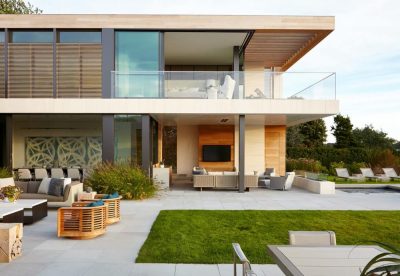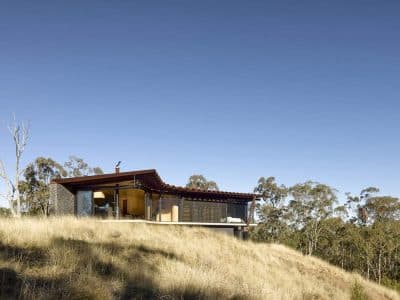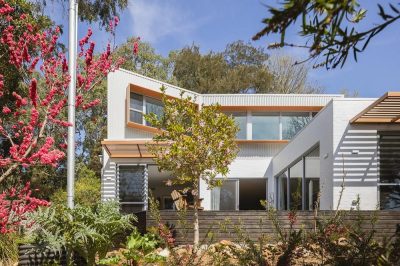
When buying a home, it can seem like everyone has an opinion on what type of home you should buy. You can listen to their experiences of different house types throughout the day. But in the end, the only person who can decide what kind of home to buy is you and you alone. How do you know what type of house to buy? You must consider your lifestyle, wants and needs, and what your life will be like if you lived in your future home.
When determining the best type of home for you and your family to buy, first look at what kind of lifestyle you have now and what lifestyle you want to have in the future. If you don’t feel like housekeeping or gardening, you want a completely different home than the enthusiastic gardener. Every buyer has different needs and desires when it comes to a home.
Choices Available to you
Once you’ve looked at your home’s wants and needs, use this article to see which might be best for you as a buyer. Then you can simply visit a reputable real estate consultant like RealAdvisor to sell your last house and raise the budget to move into a new one.
Foreclosure:
Foreclosure is the property of the bank. The previous owner of the house could not make the payments, so the bank had to repossess the house. A buyer to consider foreclosure is someone interested in obtaining a home business within a standard time frame. Most foreclosures are priced to pay off the remaining portion of the mortgage, meaning they are much lower than a regular-priced home. A foreclosed property typically costs 30% less than a non-performing property.
Short Sale:
A short sale is a home sold for less than the property’s owner owes. The homeowner may have taken out a second mortgage, lost his job, and is now forced to sell the home for less than what he owes. A buyer who should consider a short sale is someone who wants to get an offer on the house but doesn’t mind waiting in the unknown.
The short sale owner does not have the resources to repair what the lack of money and upkeep has done to the home. Although the house may be in poor condition, short sales are more of a move-in condition. You may just need to polish and tidy up the front yard instead of major repairs like a foreclosure. And the great thing is that this small amount of work can quickly increase equity in the home.
New Construction:
A new-construction home is a home that has not been previously occupied and is currently under construction. It can be part of a development, or you can buy land and build your house. Buyers should consider a new construction home if they are interested in having the home exactly how they want it by the time they move in. Most new homes allow buyers to choose the flooring, colors, cabinetry, and floor plans. If the buyer doesn’t want to do house maintenance and have new systems and appliances, they should go for a new build home.
Condo:
A condo is very similar to an apartment as it is built in a complex, but if you are buying your condo, you own the property. Most condos are part of a homeowners association, and the condo owner must pay a monthly fee for as long as they own the condo. A buyer should consider a condo if they don’t want to do yard work or shovel snow and want the condominium company to handle some of the maintenance. Many condos have exceptional amenities that they offer with a condo such as a swimming pool, a clubhouse, and a fitness center. This buyer doesn’t have to worry about privacy and wants to be closer to a larger city.
Townhouse:
A townhouse has the same living space as a single-family home but is on a smaller lot. The semi-detached house usually has a small backyard and two or three floors. What distinguishes the semi-detached house from a single-family house is that the house is built right next to other semi-detached houses.
A buyer should consider a townhouse if they need a little more space than a condo and want a small yard. If the buyer doesn’t want to follow the rules and wants more flexibility to do what they want with the house, they should stay away from townhomes. Townhouses tend to be cheaper than single-family homes but offer less privacy because townhouses are built next to each other.
Single-Family Home:
A single-family home is a free-standing residential building. Single-family homes are designed to be used as single-dwelling units with one owner, no shared walls, and land. It is a detached house on a lot. It has been occupied before and often comes to mind when buying a home.
Bottom Line:
When choosing a home that’s right for you, you should figure out where you want to live, narrow your search to genuine contenders, be realistic about your house goals, stick to a budget and look for potential issues with the house. If you’re moving into a new home, make sure you get a home guarantee when you buy it! A household warranty can help you repair or replace systems and equipment that have failed due to normal wear and tear.









